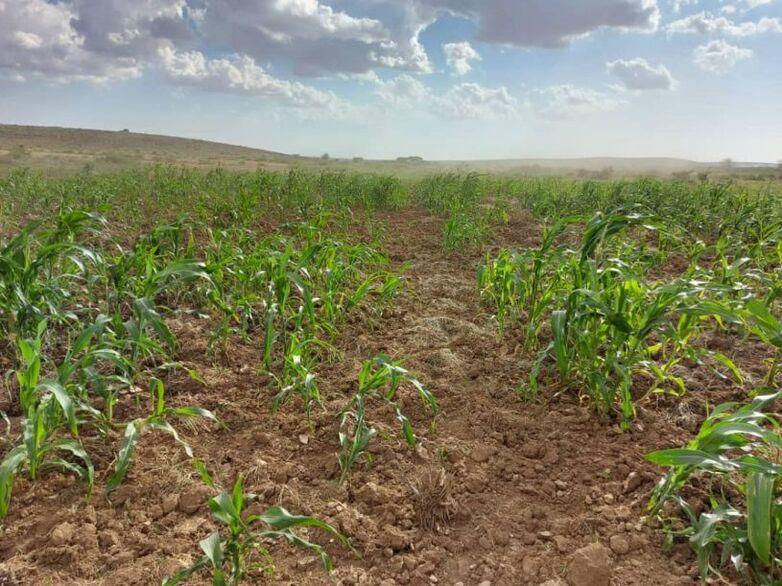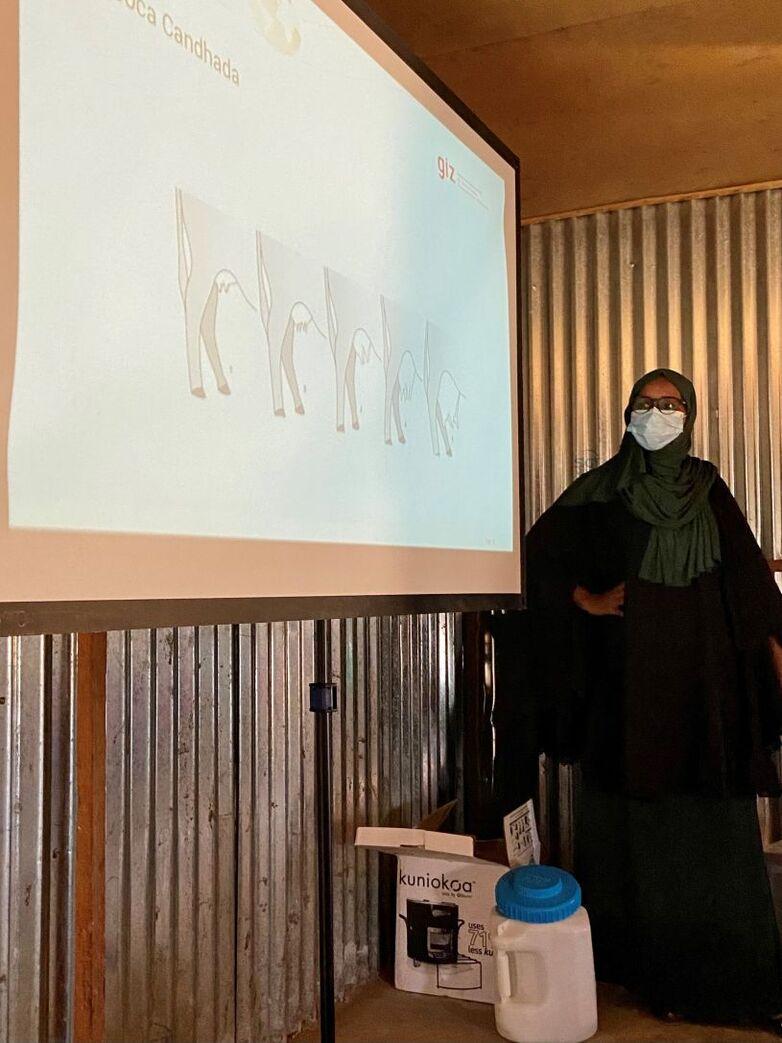Context
The rural population of ‘Somaliland’ suffers from increasing climate-related extreme events such as droughts, cyclones and floods. It is particularly vulnerable to climate-related events and external shocks due to the lack of natural resources, weak state institutions and frequent social conflicts.
In 2020, the COVID-19 pandemic exacerbated the situation and had a negative impact on the region’s economy and society. The health system is currently unable to help patients in an appropriate manner and establish preventive structures to be better prepared for future pandemics.
Objective
The rural population and communities are better prepared for crises.

